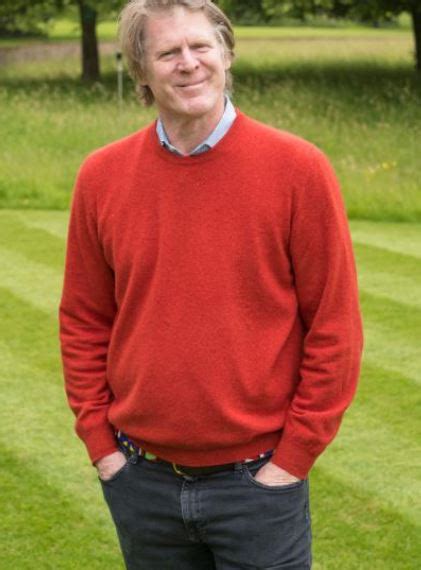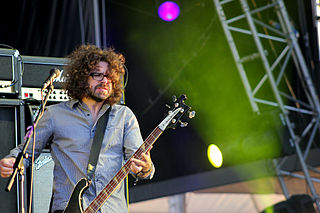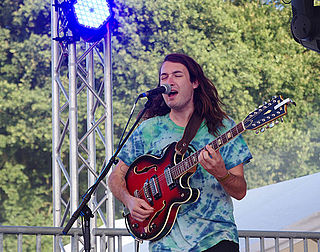A Quote by Kara Swisher
Luckily for both the tech industry and Hollywood, there is only one thing that counts - use of the Internet is still growing exponentially, as consumers shift to digital everything from analog.
Related Quotes
We don't believe it's possible to protect digital content. What's new is this amazingly efficient distribution system for stolen property called the Internet-- and no one's gonna shut down the Internet. And it only takes one stolen copy to be on the Internet. And the way we expressed it to them is: Pick one lock--open every door. It only takes one person to pick a lock. Worst case: Somebody just takes the analog outputs of their CD player and rerecords it-- puts it on the Internet. You'll never stop that. So what you have to do is compete with it.
I don't do anything digital. Everything is analog, and that's a limitation for me. However, in my world, it's not a limitation at all because I don't create the type of music that would generally be created by musicians that work with digital recording studios, and/or digital equipment, as far as production is concerned.
































